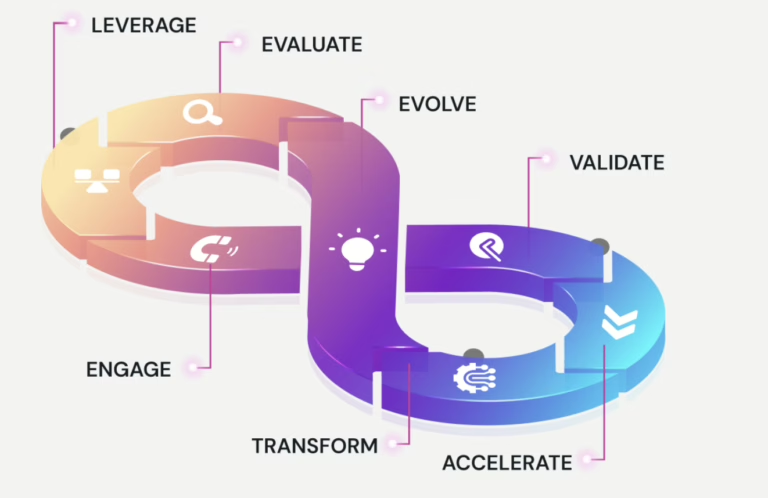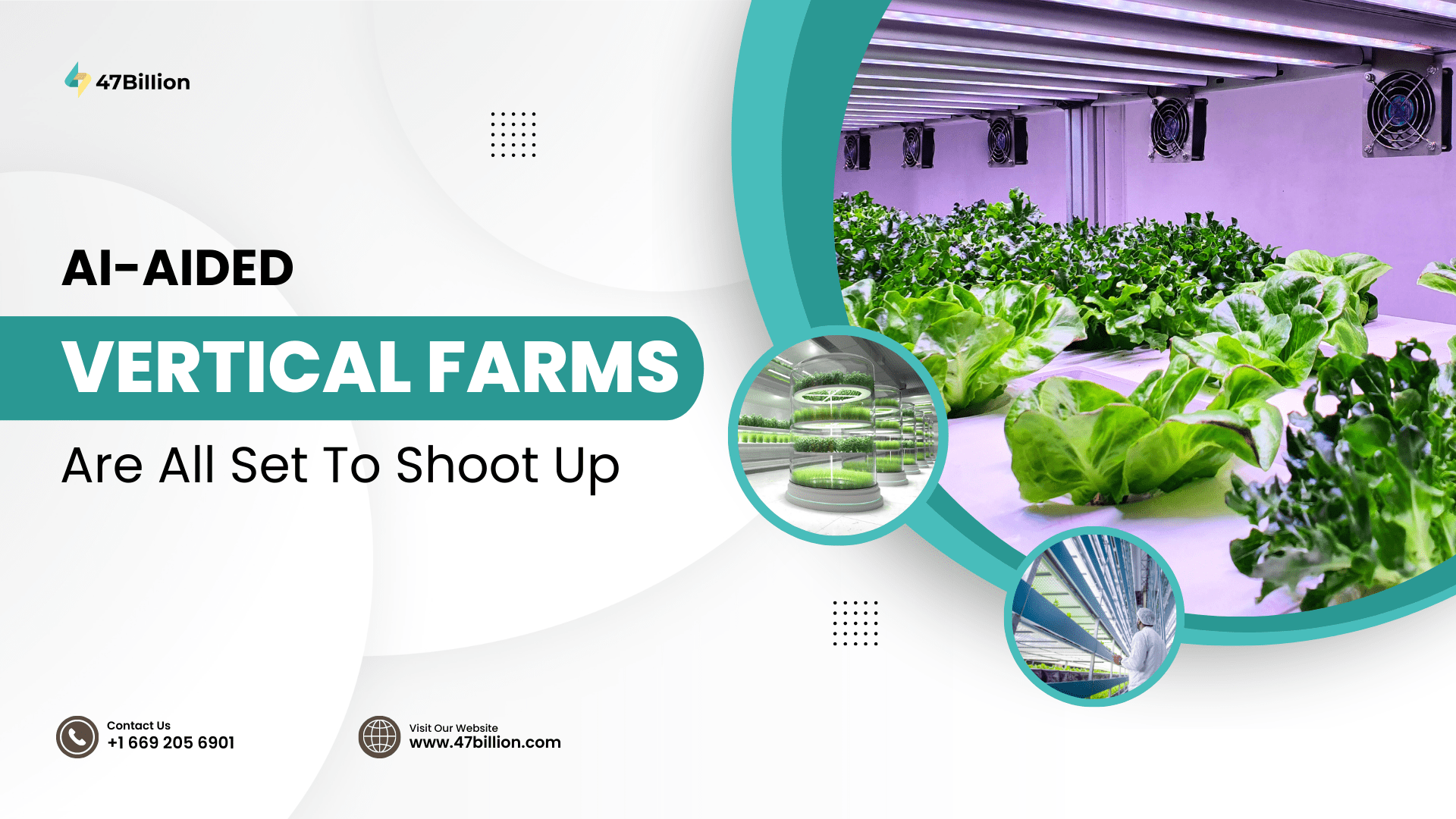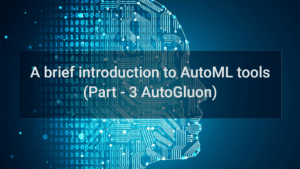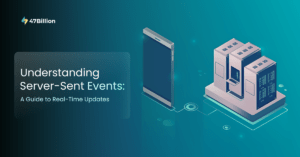A robotic lens, zooming in on a Lemon verbena planted in an indoor vertical farm, captures high-quality images of the plant flow and sends them into an AI algorithm to predict precisely how long it will take to get into the last stage of production that is picking, packing, and then transportation to a store or warehouse.
Vertical farming structures rely on a solution that supports different hardware, integration, data collection, data analytics, and automatic control over installed IoT devices within the farm. The success of day-to-day operations depends on effective data collection and analysis, which require crop-specific simulation models so that with minimum human intervention, optimal conditions for efficiently growing plants can be maintained in the farms.
From controlling major crop growth KPIs to predicting what crops will be delivering the best returns, AI can help the industry confront the biggest challenges that are feeding a large population, which are climate changes disrupting growing seasons, and low availability of resources.
AI is escalating its ways and making a momentous impact on the Urban Indoor farming processes. Here are the major applications of AI in Indoor farming –
Smart sensing for VPD control
VPD here stands for vapor deficit. When VPD is low, the stress in the environment is not sufficient for effective transpiration and uptake of nutrients from the root. When it is high, the water vapor level in the atmosphere gets to a lower value. Thus the optimum value of VPD is required by plants to flourish. The AI-based smart sensing tech can monitor major factors related to calculating VPD such as relative humidity, the surrounding temperature, the temperature of the leaf, etc, and make adjustments accordingly. This allows vertical farm managers to achieve a perfect environment without human intervention.
The AI-based smart sensing tech can monitor major factors related to calculating VPD such as relative humidity, the surrounding temperature, the temperature of the leaf, etc, and make adjustments accordingly. This allows vertical farm managers to achieve a perfect environment without human intervention.
Sustainable Irrigation
Irrigation has to be the most efficient practice in agriculture. With the advancement of vertical farming, growers can rely on complex irrigation systems that accurately monitor the moisture in the vertical stacks and deliver water in a proper schedule with consistent quantity as per the requirement of the particular crop. This helps in preventing water wastage and maintaining plant health with appropriate watering patterns.
Nutrient recipes for Crops
Ai-driven farms help in constantly monitoring and adjusting the nutrients fed to the plants. The data-driven systems allow farm managers to generate high yields by maintaining balanced nutrient mixture ratios, light radiations, and carbon dioxide levels. This helps in harvesting the products with better quality with fewer amount of resources.
Clean Environment for perfect crop growth
Pests have been creating challenges for farmers in traditional agricultural practices. But AI-induced vertical farming helps farm managers act defensive against bugs. The AI-based models help farm managers with real-time information about insects and methods that can be used to descend their impact in the closed indoor farm environment.
Precision Indoor Farms with predictive analytics
These advancements are making vertical farms more accurate and controlled. It provides proper guidance to farm managers about optimum planting, water management, crop rotation, timely harvesting, and nutrient management. With ML algorithms and digital images, predictive analytics helps in maintaining appropriate growth conditions, measuring crop sustainability, and evaluating farms for the presence of diseases, pests, and poor plant nutrition using KPIs such as VPD, temperature, precipitations, air, light radiations, etc.
AI-aided vertical farms can become a realistic alternative to traditional farming due to the effective use of space and cutting-edge technologies. Computer vision, ML, and huge volumes of data enable farming operations to spread across distributed networks while maintaining centralized control.







